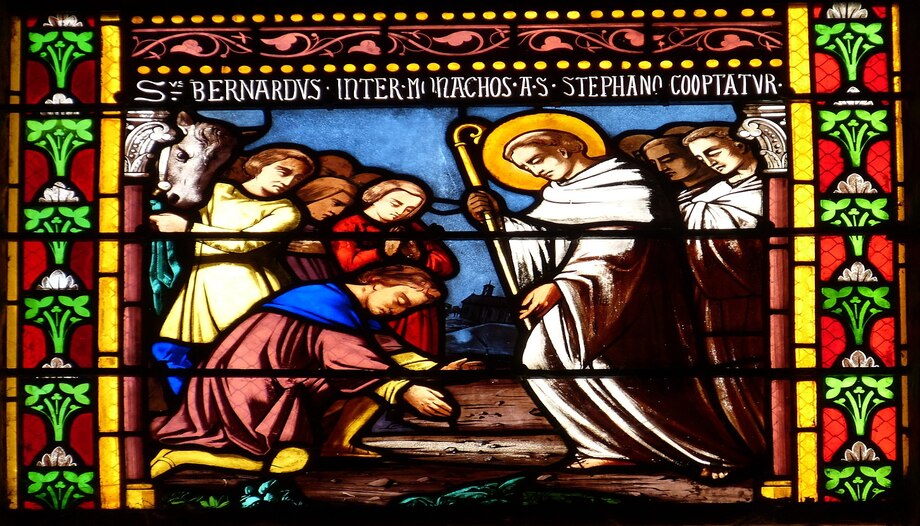Saints Stephen Harding, abbot and co-founder of the Cistercianand Pope Sixtus III are celebrated by the Church today, March 28th, according to the current Roman Martyrology. Other blessed of the day are Jeanne-Marie Maillé and Henri Suso. St. Stephen Harding, born in 1060, professed monastic life in Sherbone, but left his monastery and went to Paris to study. Soon regrettedand went to Rome to ask for forgiveness.
On his return, he stopped at the monastery of Molesmes, whose abbot was St. Robert. And with him, Alberic and Stephen founded in 1098 the new monastery of Cîteaux (Burgundy), origin of the Cistercians, with the desire to reestablish faithful obedience to the Rule of St. Benedict. When Alberic died, St. Stephen succeeded him as abbot, and it was he who received St. Bernard and sent him, in 1115, to found the Abbey of Clairvaux. During Stephen's lifetime there were twelve Cistercian foundations. He died in Cîteaux (France) in 1134.
Sixtus III: facing Pelagius and Nestorius
Sixtus III acceded to the Pontificate after the death of Celestine I, and became the 44th Pope of the Church. In his eight years as Pastor he had to confirm in the doctrine of the Church to the faithful in the face of Pelagio. He also opposed Nestorius, who defended two Persons in Christ and that Mary was not the Mother of God. The Council of Ephesus defined in 431 the divine Person of Christ with two natures, one divine and the other human. And that Mary was Theotokosthe Mother of God.
The German Blessed Enrique Suso was a presbyter of the Order of Preachers (Dominicans). He was the author of a treatise on the wisdom of God, "The Little Book of Eternal Wisdom", and reflected on mystical themes, including texts dedicated to the Name of Jesus. He defended his master Eckhart, arguing that his theses were misinterpreted.
Blessed Jeanne de Maillé: she cared for the sick and the destitute
Blessed Jeanne-Marie de Maillé was born into a noble family near Tours (France) in 1331. She shared with her husband the Christian ideal. She had to pay ransom for her husband, a prisoner of war with the English. With the goods they had left, they took care of sick and homeless in the black plague, and then to lepers. When her husband died in the war, she took refuge in the hospice of Tours, and even lived as a recluse. It seems that she became a Franciscan tertiary.









